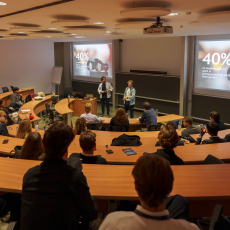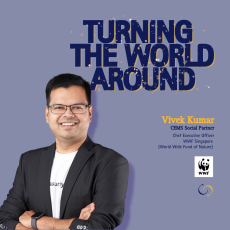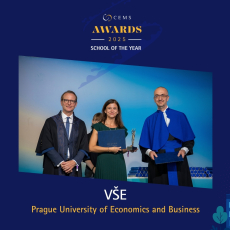The opportunity for good work life balance/flexible working has been rated practically as important as salary when considering applying for a new role, a survey conducted of 761 recent CEMS business graduates has found. Opportunities for quick career progression and the chance to make an impact at an early stage have been ranked as the third and fourth key criteria which would influence their decision to apply for a job.
Crucially, these are future leaders, and they have a desire to create influence and impact quickly, on a global scale. We need to think radically in 2019, about how to harness such talent, and adopt approaches far-removed from the traditional nine-to-five, career-ladder-focused, hierarchical workplace of the past, if employers hope to create an agile culture that will set them apart.
1. What is the USP of your people?
Strengths-thinking is a key word for 2019. What is the extra USP that people are bringing in the face of significant challenges? Traditionally, companies have measured performance with merit and salary increase, however some companies - Deloitte and Accenture for example –are now experimenting with looking at performance in a totally different way. Performance based pay is passé - instead of developing talent by developing weaknesses, it is about unleashing the full potential of individuals and harnessing strengths.
Everyone has talent and it is possible to develop the strengths of each individual, by looking at the things they are good at, rather than the things they struggle with. To achieve this, innovative companies must turn learning and development on its head and move away from traditional training programmes, making development a continuous process, involving coaching, mentoring, on the job training and community learning, even at the earliest stage. This might include ‘learning circles,’ where employees learn from each other by sharing knowledge and experience.
2. Culture of innovation
There are some brilliant examples where companies – including CEMS corporate partners - are creating a culture of innovation to get the best out of their talent.
For example, reverse mentoring is a fantastic idea, as CEOs and more experienced employees can work closely with younger generations for mutual benefit. People are doing pioneering work in collaborative spaces - they are very different types of work places. Think tanks bring bright minds together, internal start-ups drive growth, innovation funds unite cross-company teams to tackle problems and hackathons to challenge employees to come up with collective solutions, with teams working overnight coming up with brilliant ideas.
Even language can be used differently. Traditionally we have talked about competition and winning - but should we instead talk about delighting customers? New job titles - curiosity champion, innovator - can give people different structure and language to build on this digital and millennial culture.
3. Take the talent challenge seriously
Taking the talent challenge seriously is fundamental - great organisations need to start paying attention to what people want from jobs, what their skills are and bring people together across the organisation. All generations want to find meaning in their work so, rather than stereotyping, organisations should be asking how we can use strengths and how we can bring diverse groups together to provide creative solutions
You may feel that your company is currently miles away from this vision, but 2019 is certainly the year to start putting strategies in place to get the best out of your people. The need for change is difficult to ignore.
After all, it would be sad if lack of action meant that your creative, talented employees, with their boundless energy ended up moving somewhere else. So ask yourself this year - are you doing enough to respond?




